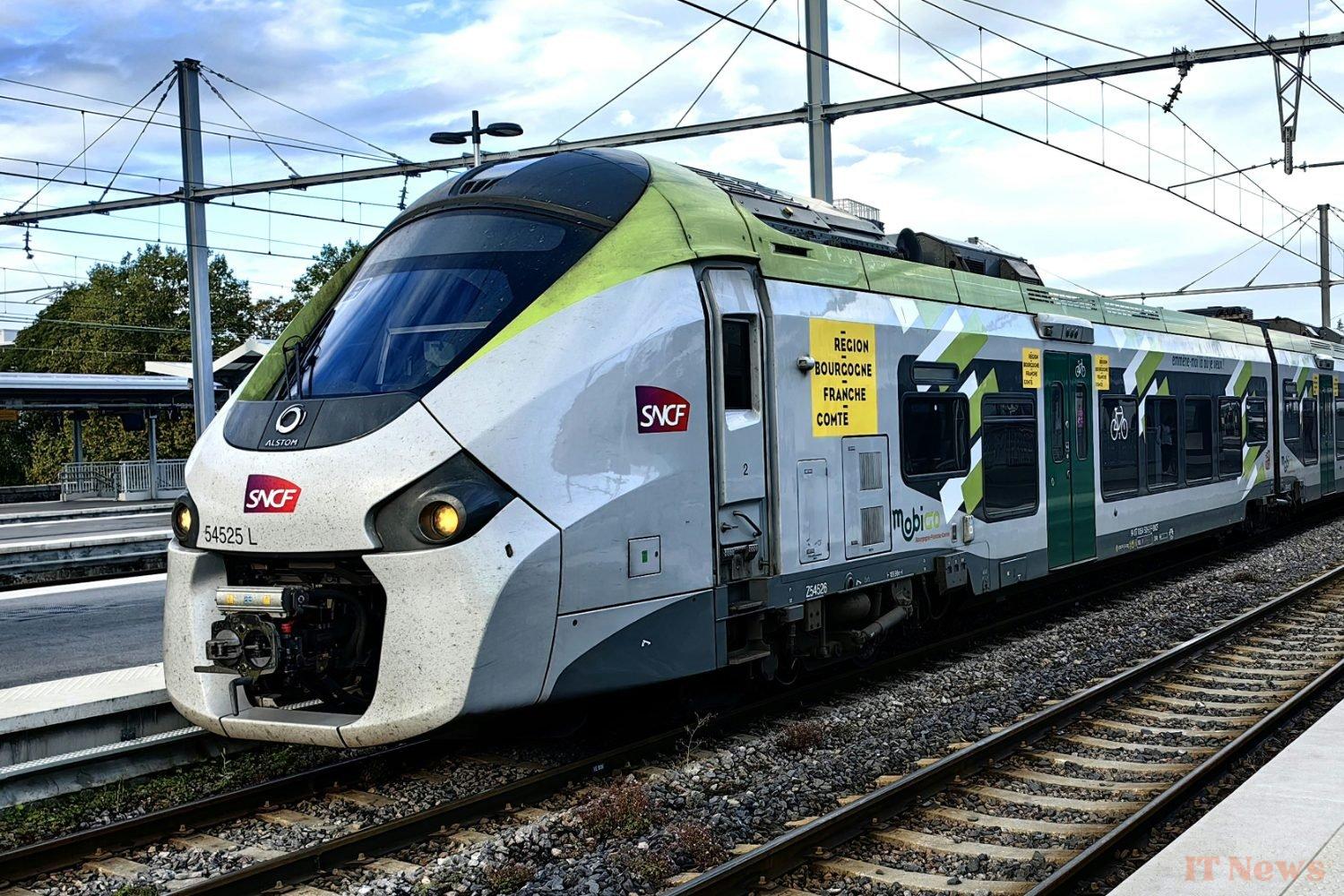Of the 700,000 passes hoped for, only 235,000 were sold. The gap is wide, especially for a project 80% supported by the state and with a total cost of 15 million euros. In a complicated budgetary context, it is difficult to extend the experiment without a massive return. Some regions, such as Île-de-France, had preferred to stay away, relying on their own formula: the Navigo pass, then offered at 86.40 euros per month.
Disappointing experiment for the Youth Rail Pass
Beyond disappointing sales, the Rail Pass suffered from practical flaws. Excluding TGV (Inoui and Ouigo) was understandable to avoid cost escalation, but it seriously limited long-distance travel options. Additionally, the pass did not include urban transport, forcing users to purchase additional tickets to travel within the city or between stations. This wasn't very practical for those hoping to travel light without incurring additional costs.
The end of the Rail Pass comes at a time when regional trains have never been so busy. In 2023, TER and Intercités saw their passenger numbers increase by 21% compared to 2019, according to the Transport Regulatory Authority. But not everyone benefits in the same way: in some regions, the offer is extensive and efficient; in others, trains are becoming rarer, making travel less easy for young people in rural areas.
And then, many regions had already taken the lead. In Occitanie, for example, young people can travel free on liO trains after 11 journeys per month. In Nouvelle-Aquitaine, 50% discounts are offered with packages such as the "Youth Ticket" or the "-28 Subscriber Pass". Inevitably, faced with With these local alternatives, the national Rail Pass was losing some of its appeal.
Some rail advocates believe the project was buried too quickly. With a late launch and objectives deemed too ambitious, 235,000 passes sold would already be a good start. Others point out that the French approach, limited to two summer months and a specific age group, lacked ambition. Abroad, Germany launched its "Deutschlandticket" in 58 euros per month, valid all year round, with no age limit, and across the entire regional and urban network. Result: massive adoption and a profound change in travel habits.
In France, the Ministry of Transport now prefers to focus on "other, more structural transformations": expanding the train offering, improving service quality, and encouraging regions to develop their own pricing policies for young people.



0 Comments